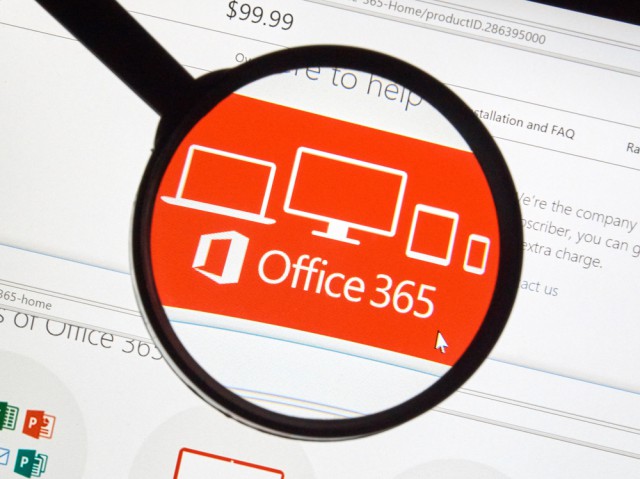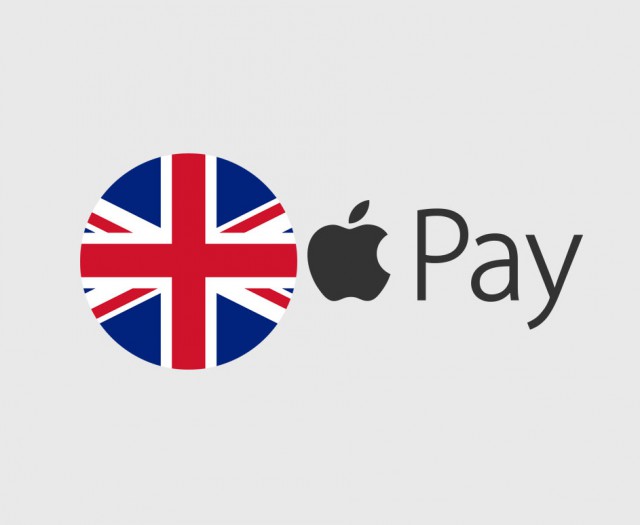
Major UK companies at risk of breaking key GDPR principle on collecting PII
New research shows that more than a third of all public web pages of FTSE 30 companies capturing personally identifiable information (PII) are in danger of violating the GDPR regulations by doing so insecurely.
The FTSE 30 is made up of the 30 most influential companies listed on the London Stock Exchange. The study by RiskIQ looking at the sites of these organizations finds that more controls on outward facing web assets are needed.

Healthcare sector accounts for 43 percent of all UK data breaches
Data security services company Egress has released data from the UK's Information Commissioner's Office (ICO) which shows that the health sector accounts for nearly half (43 percent) of all data breaches.
It also shows that human error, rather than external threats, is the main cause of incidents across every sector. Staff mistakes accounted for 49 percent of all breach incidents in the last quarter of 2016.

Why UK businesses can't take full advantage of Office 365
The advantages of Office 365 are being hindered by poor connectivity, bandwidth and latency issues, according to new reports coming out of Zscaler.
As it turns out, Office 365 is a great service with many benefits which businesses all over the UK are very well aware of. However, due to issues with connectivity and latency, many organizations can't take full advantage of the service.

British Airways cancels flights after massive global computer system failure [Updated]
A "major IT system failure" has caused serious problems for British Airways. The airline has been forced to cancel all flights from Heathrow and Gatwick airports while it works to resolve the issue.
It is not believed that the computer failure was caused by a cyberattack or hackers but this has not lessened the impact. Both of the affected airports have become "extremely congested" as a "global system outage" wreaked havoc with travellers' holiday weekend plans.

UK businesses want to increase adoption of cloud services
The adoption of cloud technologies in a company is becoming a key function of many company’s technology strategy.
Almost nine in ten (88 percent) of UK businesses have adopted cloud to some extent, the report says, adding that two thirds (67 percent) of users expect to increase the adoption of cloud services in the near future, according to a new report by the Cloud Industry Forum (CIF)

UK businesses less prepared for GDPR than European counterparts
The new GDPR legislation is now just a year away from coming in to force, but new research claims that British businesses are not nearly as prepared as expected.
A study by Blancco Technology Group reveals that the UK is significantly less prepared than its European counterparts, with companies lagging behind the rest of the continent.

Most UK businesses feel vulnerable to cyber threats, despite increased security spending
According to Thales' new report almost two thirds (63 percent) of businesses in the UK increased their cyber security spending this year, which is a jump from last year's 54 percent.
However, despite this, 43 percent were breached last year (Thales fails to mention the percentage difference compared to a year earlier, though). More than four fifths (84 percent) still feel vulnerable to threats, with 20 percent feeling "very" or "extremely" vulnerable.

Apple Pay now supports purchases over £30 in UK
The latest move from Apple may soon lead to consumers leaving their wallets at home, now that a majority of cash registers in the UK will be able to accept Apple Pay mobile payments over £30.
According to the vice president of Internet Services at Apple Pay, Jennifer Bailey, more than half of the contactless payment terminals in the UK are now able to accept Apple Pay payments of any value. Previously they had been limited to £30, which is the limit for card readers when dealing with contactless card payments.

Phishers cash in on WannaCry attack
The UK's ActionFraud cyber crime reporting center is warning customers of BT’s internet services of a phishing scam claiming to protect against WannaCry-style attacks.
The emails claim that BT has launched preventative measures to protect data on an international scale and try to get recipients to click on a link to a 'security upgrade'.

Many senior executives do not know GDPR is coming
More than four fifths (84 percent) of small business owners in the UK, and almost half (43 percent) of senior executives in large companies have no idea what GDPR is and that it’s coming.
That's according to Shred-it’s Security Tracker research, which also found that roughly one in seven (14 percent) of small business owners, and 31 percent of senior executives know what the fines of not complying with the GDPR are.

European political parties left open to email-based cyber attacks
None of the political parties in the UK, Germany and Norway, all of whom have upcoming elections, have email authentication or protection against spear phishing in place, according to new research.
The study by secure email company Agari shows that while eight percent have published an email authentication policy, they've left the door wide open by setting their policy to 'none', which will not stop malicious emails from reaching intended victims.

UK consumers could 'break up' with breached businesses
Two thirds of consumers in the UK would "break up" with a brand if it suffers a data breach.
That's according to a new report by Talend which highlights the importance of businesses engaging with customers to ensure they provide high-quality data security.

UK's NHS has 'pretty good procedures' for dealing with cyber attacks
The UK government has defended the NHS's cyber-security procedures, days after a number of trusts were taken offline by the WannaCry ransomware.
Security minister Ben Wallace said that the NHS had followed "pretty good procedures" in dealing with the attack.

Brexit has a major impact on UK tech jobs
We don't have to wait any longer to see the effects of Brexit on the tech job market in the country -- Hired.co.uk already has some data for us. And it's exactly as you might have imagined it.
According to the hiring site's report, the number of foreign tech workers in the UK is now down 50 percent. The rate at which foreign workers are now accepting UK-based roles has also dropped by a fifth (20 percent). But it’s not just the employees that are declining offers, businesses are also sending out less.

Why Access Rights Management should be an enterprise priority
In some ways, the new research claiming that people are still the biggest threat to cyber security is hardly surprising; this has been the case for years now. What is surprising is that even with the GDPR only one year away, this hasn't moved on. It seems that organizations are aware of the problem, which of course is a good thing, but isn't it time we began to see research saying that people aren't a threat anymore because organizations have secured their systems against these types of threats and educated their workforces in the process. That kind of research would be much more heartening. Especially so when other research suggests that there's an IT skills shortage coming soon that could make it even more difficult for organizations to secure themselves against cyber threats.
The Institute of Information Security Professionals (IISP) is behind the new research claiming that people are still the biggest threat to cyber security. The research suggests that people are still not cautious enough about phishing scams such as links or attachments in emails or about visiting websites that might not be safe. The IISP also suggests that there is a lack of technical skill that causes problems and interestingly, it also claims that another problem is with organizations making poor critical decisions around strategy and budgets, suggesting that organizations are not focused on the right ways to prevent cyber attacks.
